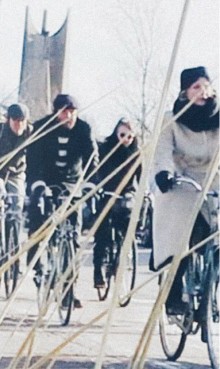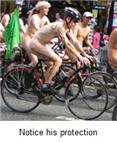The World Health Organization (WHO) announced on Monday its first global report on road safety worldwide. The news is grim.
The report is based on data drawn from a survey of 178 countries. It concludes that something  on the order of 1.3 million people are dying in traffic accidents each year, that this number is accelerating, and that anywhere from 20 to 50 million people are injured as a result of traffic crashes. If you check out their five minute video on this page, you will hear them reminding us that these numbers sum to one person being injured in traffic every second, and someone dying — being killed rather is a more accurate way to state it — every thirty seconds. (Keep that image in mind as you work your way down this page.)
on the order of 1.3 million people are dying in traffic accidents each year, that this number is accelerating, and that anywhere from 20 to 50 million people are injured as a result of traffic crashes. If you check out their five minute video on this page, you will hear them reminding us that these numbers sum to one person being injured in traffic every second, and someone dying — being killed rather is a more accurate way to state it — every thirty seconds. (Keep that image in mind as you work your way down this page.)
Of these totals roughly half (46%) of the victims killed on streets and roads worldwide are pedestrians, cyclists, and riders of motorized two wheelers – the most vulnerable road users.
Continue reading →











